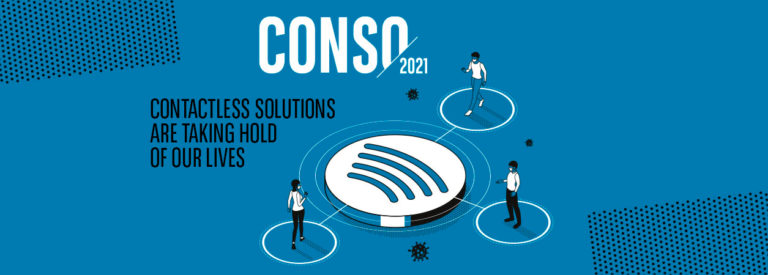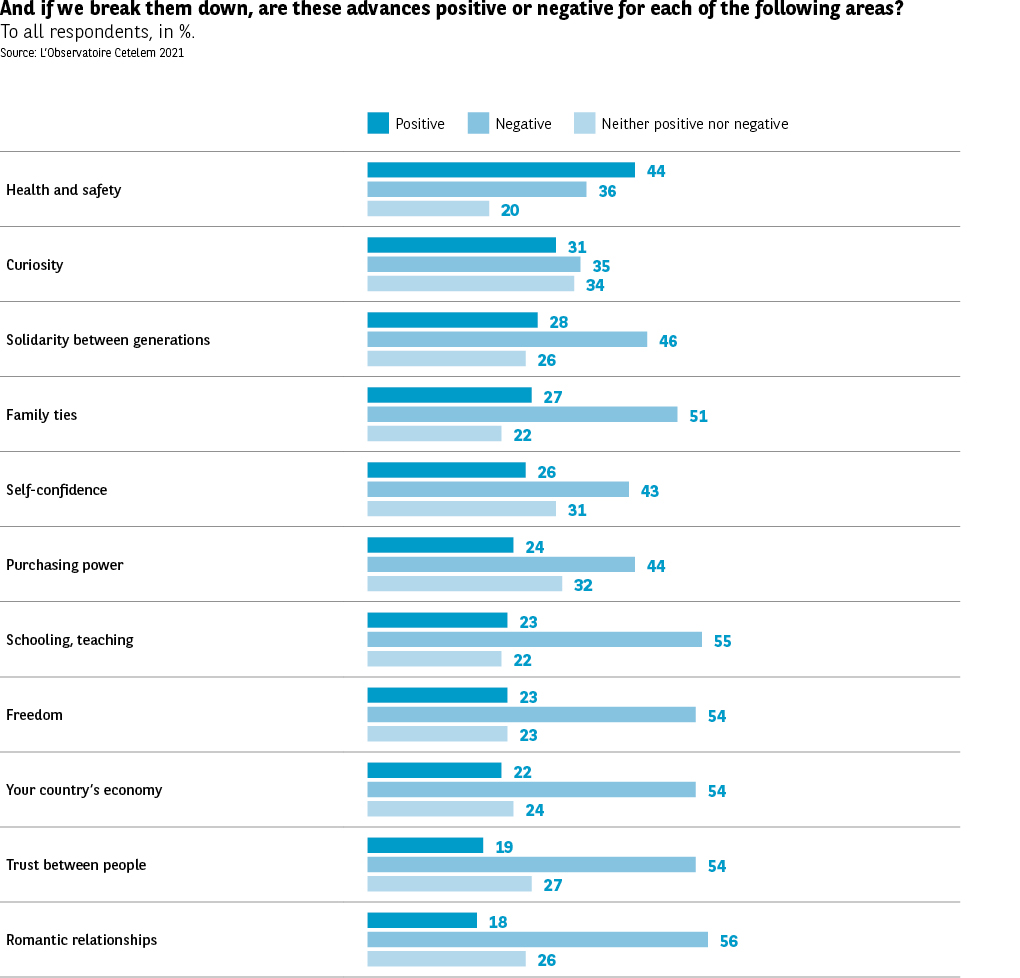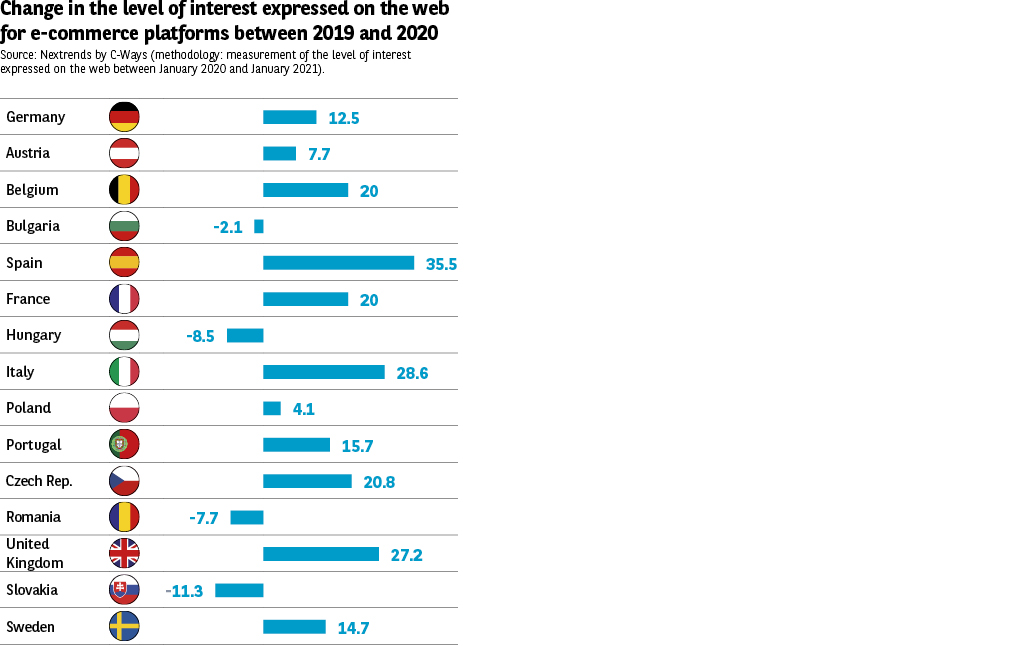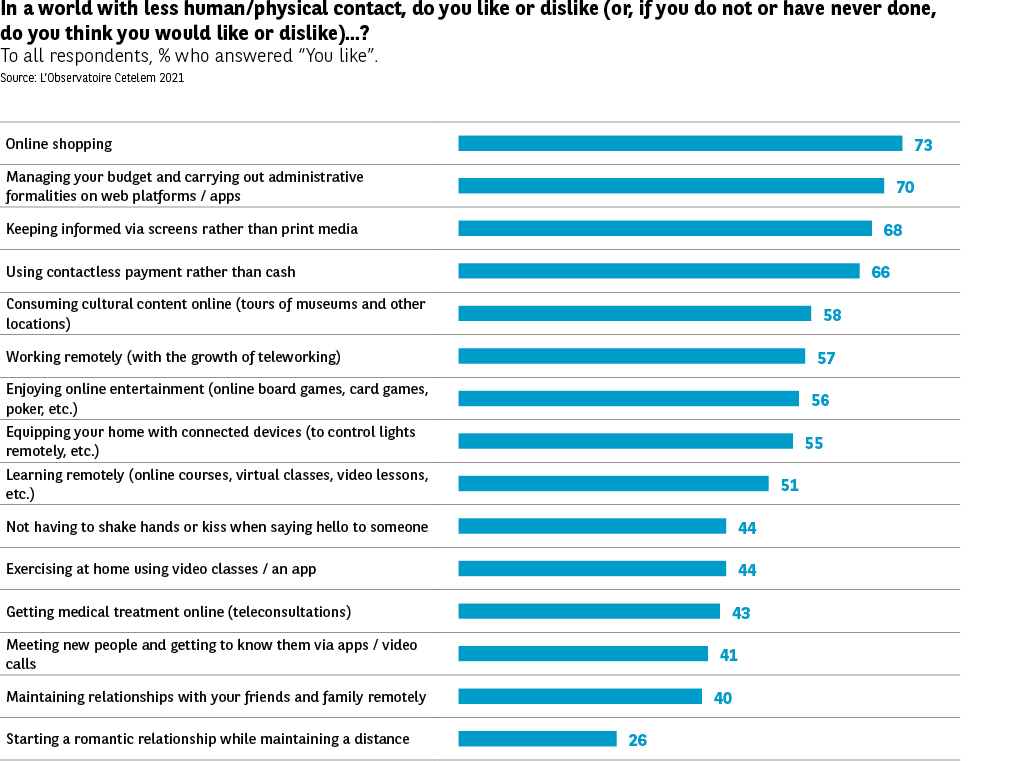Contrasting points of view depending on the field of application


Health is the main beneficiary
So contactless living is very real and viewed as something of a constraint, but it must also be examined in its many guises, which themselves generate contrasting opinions. There is one area in which positive opinions come out on top: health and safety (44%) (Fig. 22). That isn’t surprising given that we are still in a pandemic and that social distancing, which people had difficulty accepting at first, has ultimately convinced populations of its effectiveness. In all countries, except for Romania and Poland (23% and 30%), this is the item that stands out.
As for every other area examined as part of this survey, negative perceptions outweigh positive ones. And in many cases, more than half of those surveyed express negative feelings, including when it comes to romantic relationships, education, freedom, their country’s economy and trust between people. It should also be noted that, on average, around a quarter of Europeans do not provide an answer when asked about these different areas.
Day-to-day tasks have been simplified, but social distancing remains unpopular
When asked to consider contactless living from a more practical angle, Europeans are more upbeat about its advantages and a clear dividing line emerges between what makes everyday life more convenient and what relates to their social life.
If we’re talking about the former, many people are happy with contactless solutions. When it comes to shopping, managing one’s budget or carrying out administrative formalities online, staying informed via various screens, paying remotely, consuming cultural content virtually, teleworking or playing games on the web, contactless living receives a huge number of “likes” (73%, 70%, 68%, 66%, 58%, 57%, 56%) (Fig. 23).
As regards the latter, i.e., everything connected to social life, people give it a big thumbs down and express genuine despondency. Meeting someone remotely, being far away from friends and getting to know others via video calls are not experiences that Europeans enjoy (26%, 40% and 41%).
If we look at the detail, the answers of Europeans reveal quite pronounced national traits. For instance, the French are by far the least enthusiastic about shopping online (51% vs. 73%), seemingly confirming their fondness for traditional shops, despite the first lockdown leading to fresh interest in the practice (interest in e-commerce platforms increased by 20% between 2019 and 2020) (Fig. 24). They remain a long way behind the British, who lead the way in this area, and are unable to keep up with the ever growing enthusiasm of the Spanish (whose level of interest has risen 36% this year).
When it comes to online culture, Italians display much greater curiosity than other nations (70% vs. 58%), while online entertainment is most popular among the Spanish (70% vs. 56%). On the topic of remote working, the Hungarians are the most eager to work from home (70% vs. 56%), while the Swedes and Spaniards are equally positive about online education (65% and 64% vs. 51%). The British and French appreciate not having to shake hands or kiss when greeting others (47% vs. 44%), while Austrians are the least likely to enjoy meeting someone remotely (15% vs. 26%).
« Virtual museum tours allowed us to visit when we wanted and with no constraints. I think it’s amazing for my kids. Really convenient. »



